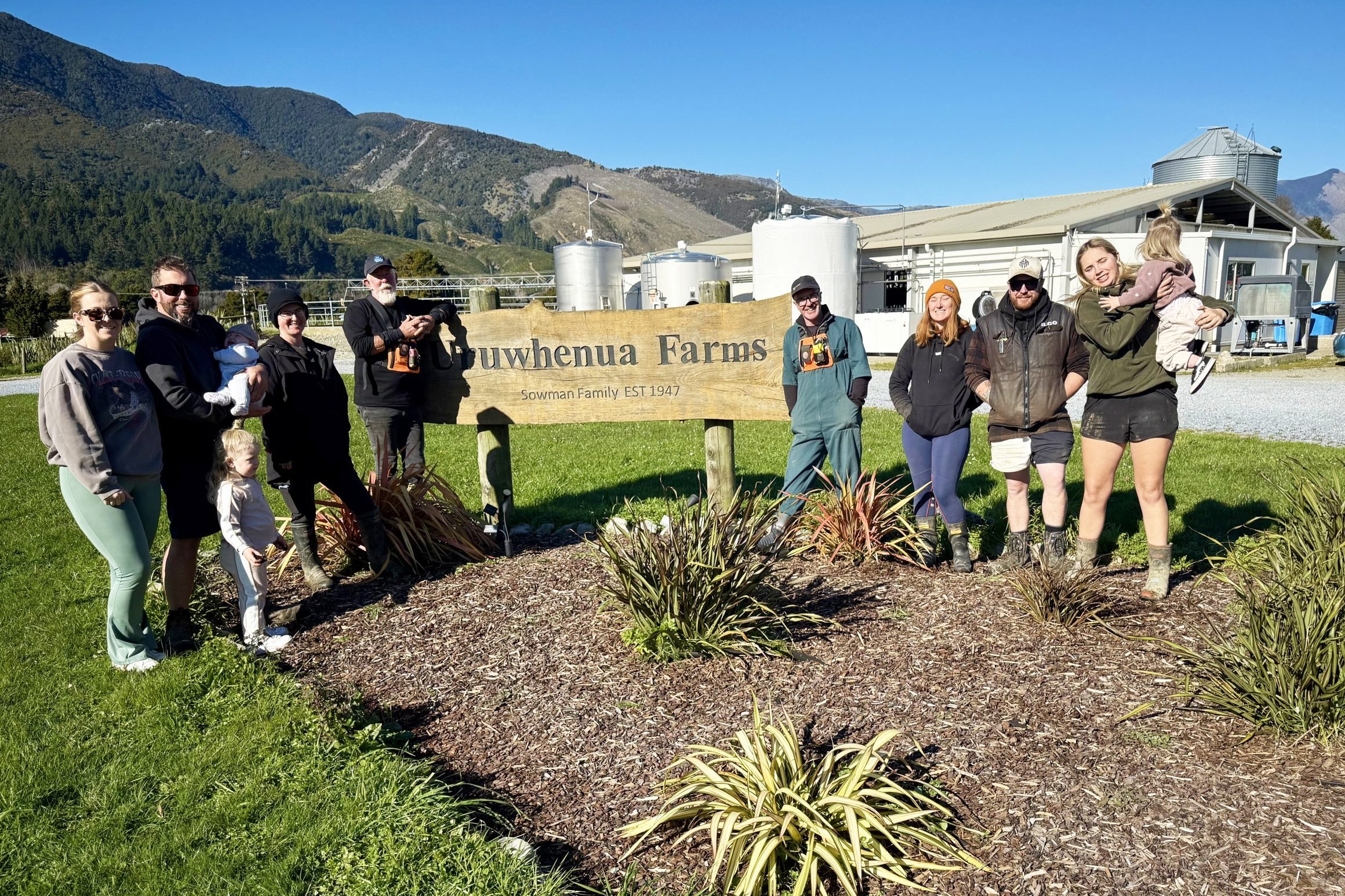 Being the pessimist at the table is a role Waikato lawyer Sue Garmonsway doesn’t take lightly when helping a farming family in the middle of succession planning.
Being the pessimist at the table is a role Waikato lawyer Sue Garmonsway doesn’t take lightly when helping a farming family in the middle of succession planning.
“People have to think about the ‘what if’ questions. Things can and do go wrong and the unexpected can crop up.”
Managing expectations can be hard and everyone’s perspectives need to be considered.
“For the person leaving the farm, it’s about ‘how much do I still want to earn as a living,’ and for the ones coming in, it’s a question of ‘what can I afford to pay?’ I’m like the pessimist in the equation. I come up with everything bad that could happen that could derail the outcome they want and force people to think about those what ifs – what if your marriage ends? What if you die unexpectedly? What if there’s a family falling out – these are all relevant to the succession equation.”
Some people are happy to take risks, and others want to mitigate every risk possible and don’t care what it costs, she says.
“There’s a fallacy around what it costs to do succession. You can pay X amount and do it properly now, or do it badly and cheaply and face possible litigation costs later. You’re better off to get in there and get talking about it.”
Garmonsway has extensive experience and knowledge in the area of rural law and agri-business succession. She has been working at the firm Gallie Miles for 17 years with mostly rural-based clients in the Te Awamutu and Otorohanga areas. She has two main pieces of advice: first, people should ask their professionals to work through succession planning together.
“What I think of as a fantastic plan may have disastrous tax implications, what your accountant thinks will work might not be legally robust, and what your accountant and lawyer come up with, the bank might not finance, so it’s really important to have all those professionals involved at the outset to try to make a difficult process easier.”
Trusts add an extra level of complexity and were often drafted for specific reasons at a given moment in time, she says, but they are still a useful way to achieve succession. However the farming business is being operated, documentation such as wills and shareholder agreements will also need careful consideration.
“The second thing, one I can’t stress enough, is the need for a really well documented plan. A lawyer is crucial to that. When you look at the individual farm succession transactions in isolation, unless you have context, it’s really hard down the track to look into the reasons behind each decision made. Also if someone dies during the process, you need a legally enforceable document.”
Another issue is when a fair decision is made at one point in time, that sees one person get an asset with big increases in value over a longer period.

“The non-farming person doesn’t see the freedom they’ve had; they often just see the other person’s $5 million asset.”
Garmonsway tells the story of a good friend who had taken over a farm from his parents some years ago. The parents had transferred the farm to the client and allowed cash reserves of the same value to be left to the non-farming child. One lawyer acted for all parties, and it was difficult to subsequently work out why certain decisions had been made.
What followed was a protracted argument between the client and a family member after the farm substantially increased in value, leading the family member to believe they had received ‘less’ from mum and dad.
Garmonsway subsequently worked with the client’s family to transfer the farm to the next generation. With one child onfarm and several off-farm it was vital there was a clear Heads of Agreement or succession plan that recorded in writing the overall intentions of all parties.
“Making provision for mum and passing the farm on to the next generation in a way that takes the interests of everyone – both on and off farm – into account; I’m confident it is as robust as it can be for when Mum dies. Coming into a situation that was such a mess with a lot of cost and drama, to then help the family through, was satisfying.”






